What is DevSecOps (Development, Security, and Operations)?
DevSecOps is a
software development approach that integrates security practices into the
DevOps process. Here are the key aspects of DevSecOps:
- Integration
of security throughout the development lifecycle. DevSecOps embeds
security initiatives at every stage of software development, from initial
design through deployment.
- Automation of security processes. It
leverages automated security tools to test code continuously, performing
security audits without slowing development cycles.
- Shared responsibility for security.
DevSecOps makes application and infrastructure security a shared
responsibility among development, security, and IT operations teams,
rather than solely relying on a separate security team.
- Early detection and remediation of
vulnerabilities. By integrating security early in the development process,
issues are identified and addressed much sooner, when they’re easier and
less expensive to fix.
- Continuous security testing.
Security checks are integrated into the continuous integration/continuous
delivery (CI/CD) pipeline, allowing for ongoing security assessments.
- Shift-left approach. This principle
emphasizes addressing security concerns as early as possible in the
development process, rather than treating it as an afterthought.
- Cultural transformation. DevSecOps
brings about a cultural shift where security becomes everyone’s
responsibility, fostering collaboration between developers, security
specialists, and operations teams.
- Rapid and secure delivery. The goal
is to deliver secure software faster and more cost-effectively, summarized
in the DevSecOps motto: “software, safer, sooner”.
- Compliance and risk management.
DevSecOps practices help ensure compliance with security policies and
regulations throughout the development process.
- Continuous
improvement. The iterative nature of DevSecOps allows for ongoing
refinement of security practices and rapid response to new threats.
By
implementing these practices, organizations can create a more secure software
development lifecycle, reduce vulnerabilities, and improve their overall
security posture while maintaining the speed and agility of DevOps processes.
How E-Panzer’s DevSecOps significantly improves the overall quality of software products.
- Early detection and remediation of vulnerabilities. By
integrating security practices throughout the development lifecycle,
vulnerabilities are identified and addressed much earlier, reducing the
risk of security issues making it into production.
- Improved code
quality. Automated security testing and code scanning tools help
developers write more secure code from the start, leading to higher
overall code quality.
- Faster delivery
of secure software. The automation and integration of security processes
allows for quicker development cycles without compromising on security,
enabling faster time-to-market for secure products.
- Enhanced
compliance. Automated security checks and continuous monitoring help
ensure compliance with security policies and regulations throughout the
development process.
- Increased
efficiency. By automating security tasks and integrating them into
existing workflows, DevSecOps reduces manual effort and improves overall
development efficiency.
- Better
collaboration. DevSecOps fosters a culture of shared responsibility for
security among development, operations, and security teams, leading to
improved communication and collaboration.
- Continuous
improvement. The iterative nature of DevSecOps allows for ongoing
refinement of security practices and rapid response to new threats,
continuously enhancing product quality.
- Reduced costs. By
catching and fixing security issues earlier in the development cycle,
DevSecOps helps avoid costly remediation efforts later in production.
- Improved testing
coverage. Shifting security testing left in the development process allows
for more comprehensive testing, including both functional and security
aspects.
- Enhanced product reliability. By addressing security
concerns throughout the development process, DevSecOps contributes to more
stable and reliable software products.
Allow E-Panzer to build and integrate security practices into your DevOps process
By integrating
security practices seamlessly into the development workflow, DevSecOps creates
a foundation for building higher quality, more secure software products that
can better meet the needs of users and withstand evolving security threats.
Contact E-Panzer now to learn more!
















